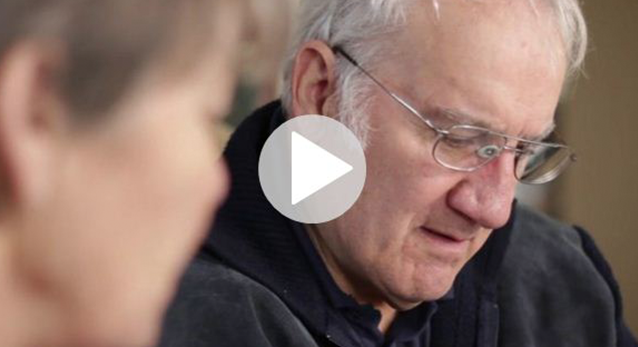Academic paper: Peak electricity demand and the flexibility of everyday life
Overview
The paper “Peak Electricity Demand and the Flexibility of Everyday Life” (Gareth Powells, Harriet Bulkeley, Sandra Bell and Ellis P. Judson, Durham University) was published by Geoforum, a leading international, inter-disciplinary journal publishing innovative research and commentary in human geography and related fields. A link to access or purchase the full paper is here.
ABSTRACT
Reducing greenhouse gas emissions from energy consumption in the UK is increasingly linked to the introduction of uncontrollable sources of power, such as solar PV and wind, and the electrification of energy services (Darby, 2012; Department of Energy and Climate Change, 2013, 2011). Electrifying heating and personal mobility requires moving them off the gas grid and petrol pump and onto the electricity system, which in turn may have implications for the profound peak in electricity use that takes place in the early evening. While the conventional response would be to reinforce electricity networks, under conditions where there are an increasing range and diversity of sources of electricity generation that are less predictable and controllable, there is increased political and commercial interest in managing demand in these periods.
Demand Side Management (DSM) enabled by smart grids promises to bring consumers of electricity into the management of the grid by asking them to provide the flexibility and responsiveness that the industry may lose in the future. In this paper we draw on 186 qualitative home tours in the UK to examine how such forms of flexibility are constituted. Rather than seeing flexibility as related to the characteristics of individuals and their behaviour, as is common in the industry and policy, we argue that it is the social practices which shape electricity demand curves that need to be at the centre of analysis. To illustrate this argument, we consider how, in what ways and for what purposes consumption of electricity may be or become flexible in response to a time of use tariff designed to reduce consumption in the early evening. We argue that the rhythmic qualities of practices and the degree to which there are socially conventional times and ways to perform particular practices can constrain or open up their ability to adapt to interventions
Highlights
- Low carbon energy requires flexible networks and flexible customers.
- Flexible energy use is related to flexible social practices which exhibit diversity in their reproduction.
- Practices are not equally flexible and their flexibility is affected by economies, rhythms and conventions.
- Laundry and dishwashing are relatively flexible while dining and cooking are not.
- Time of use pricing can play a part in smart grid interventions but should be complemented by practice-aligned interventions.








